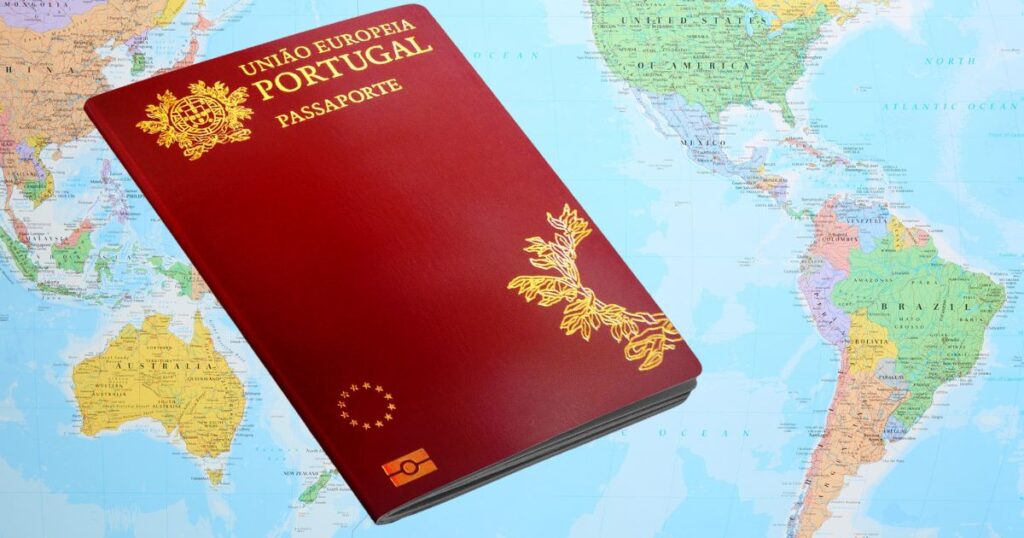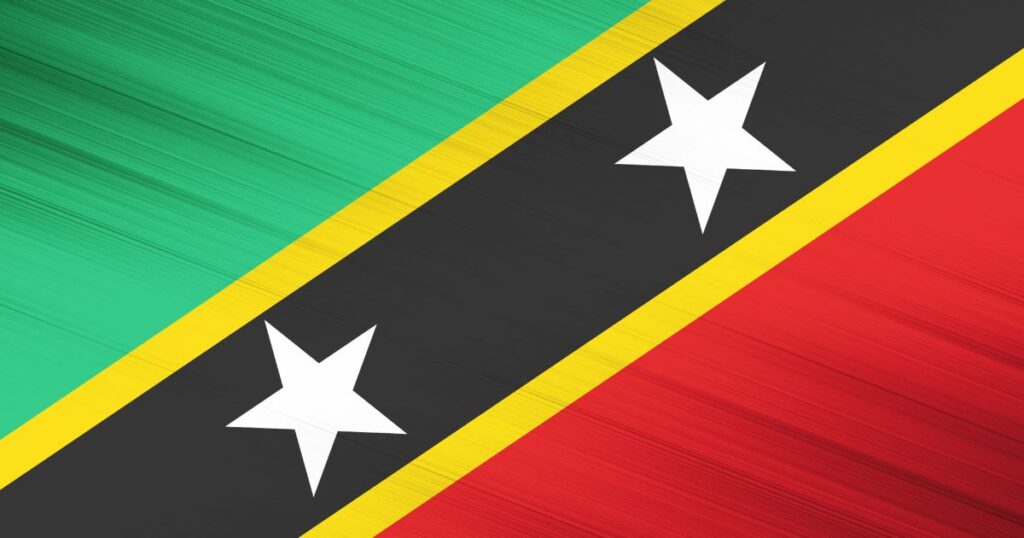Honorary citizenship is a status bestowed by a country on a foreign or native individual whom considered to be especially admirable, exceptional, worthy of the distinction. Several countries such as Germany, United States, Canada, Australia, Belgium, Greece, Cambodia, Germany, Vanuatu, St Kitts and Nevis have awarded honorary citizenship to outstanding individuals.
Since 60 years, United States has awarded honorary citizenship to 8 individuals since 1963.
But honorary citizenships is not a real citizenship, much inferior to ordinary citizenship, do not provide full citizenship rights like ordinary citizens. It is also one of the weakest form of citizenship compared to other types. Honorary citizens do not qualify for passports with some countries like Ireland being an exception.
Honorary passports in most cases are not valid travel documents. Awarding Honorary citizenships are purely political decision.
Disadvantages
Honorary citizenship does not carry with it the rights and privileges of ordinary citizenship, and such status does not confer any special entry, travel or immigration benefits upon the honoree or the honorees relatives and dependents.
It also does not impose additional duties or responsibilities, in the United States or internationally, on the honoree. It is a strictly symbolic act.
No oath is required.
The honorary citizenship ends with the death of the honoured, or, in exceptional cases, when it is taken away by the council or parliament of state.
Honorary Passports
Honorary passports are usually not valid travel documents. Some countries do issue passports valid for travel to honorary citizens.
Revoking
Unlike real legal citizenship, which is very hard to revoke due to Article 15 of the U.N.’s Universal Declaration of Human Rights, revoking honorary citizenship is not uncommon. Recently Canada revoked honorary citizenship of Suu Kyi
There’s a practical reason for honorary citizenship does not make “real” citizens: being a national/citizen of a country is not just about privileges and rights; it’s also about duties and responsibilities to that country (not mere loyalty/identity, which is not something defined by law). A nationality links you and obligates you to a country’s laws and constitution — even if you don’t live in the country
United States
- Honorary citizens are not eligible for U.S. regular, official, or diplomatic passports or passport cards.
- Honorary US passports convey respect, but are not valid travel documents, and do not confer any special entry, travel or immigration benefits.
Ireland
Ireland is the only country that awards full real citizenship rights. Ireland’s honorary citizenship is full form of citizenship, with entitlement to an Irish passport and the other rights of Irish citizenship on the same basis as a naturalized Irish citizen. This has been awarded to twelve people.
South Korea
South Korea has bestowed honorary citizenship to 823 people from 97 countries to date as of 2019. Benefits include honorary citizens can be appointed as member of various committees of the city government
Singapore
In Singapore, honorary citizenship conferred for life, including the right to live and work, buy property in Singapore, as well as their immediate dependent family members, but unlike Singapore citizenship, they have no voting rights or obligations to fulfill National Service
Canada
In Canada, Honorary citizenship is purely symbolic; the recipient does not receive any of the rights, passport, privileges, or duties typically held by a Canadian citizen
Australia
Honorary Citizenship may be granted to an individual who is considered to be especially admirable or worthy of the distinction. It is a symbolic honour; the recipient does not receive any rights, privileges or duties typically held by an Australian citizen.
Greece
The Greek nationality law has provisions of honorary naturalization to distinguished persons who provided exceptional services to the state in the interest of public. Tom Hanks and Rita Wilson became honorary citizens of Greece.
Vanuatu
The pacific country of Vanuatu awarded honorary citizenships under VERP in 2015 for those who paid $115,000.
Honorary citizenship under the VERP were given vanuatu ordinary Passport with the right to carry out investment in Vanuatu. Those holding honorary citizenship under the VERP must not hold or serve in any public office prohibited stand as a candidate and vote at any of the general, provincial or municipal elections.





